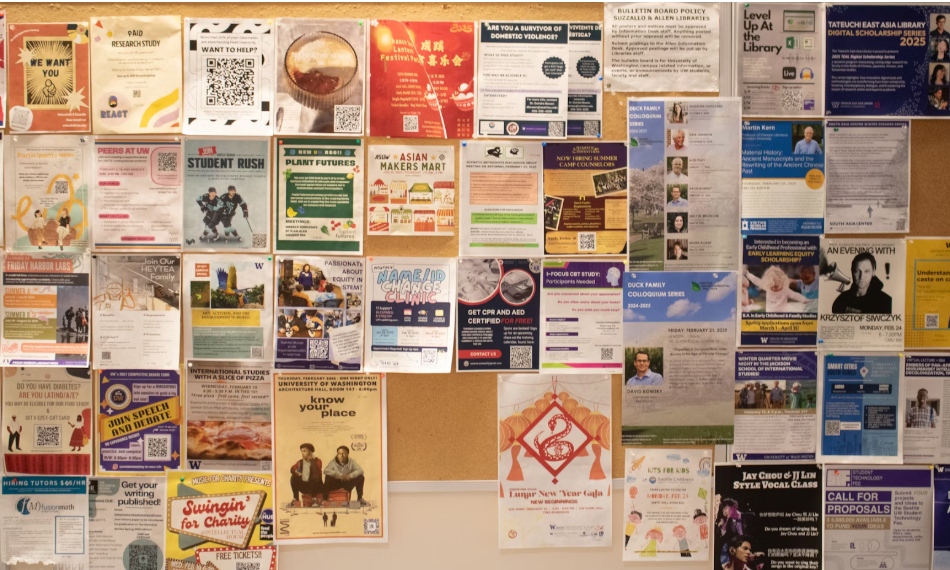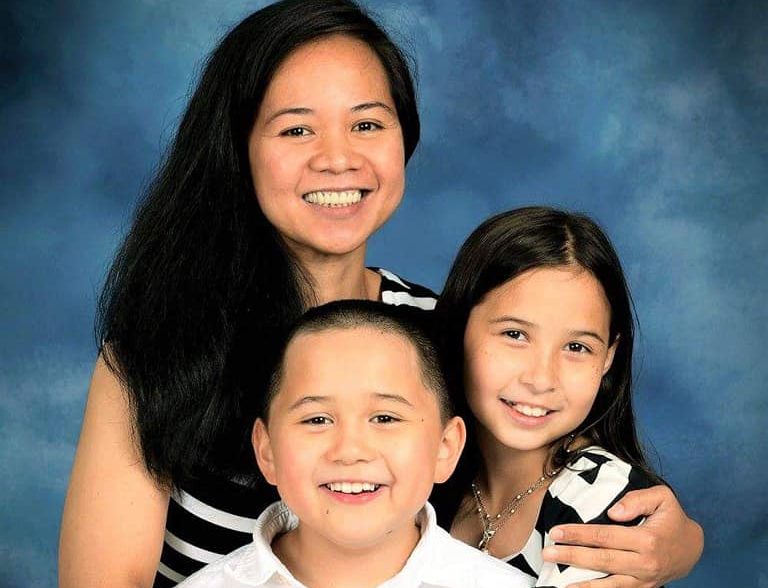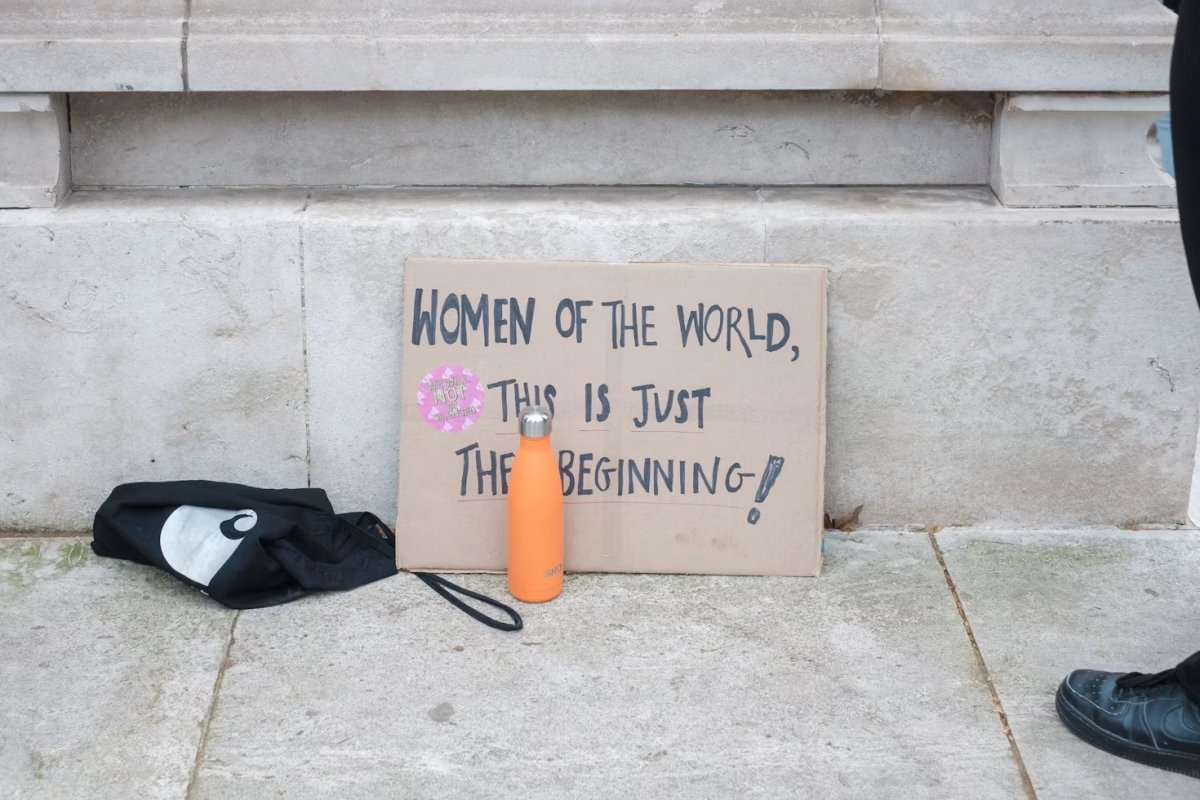The biggest change one can make in their life is to move to another country. Not only is the process complicated, but every step of the move is time-consuming and stressful. Those who can overcome these roadblocks and complete the process of living in a brand-new environment are admirable for their dedication and their desire to make a change in their life—often for the better. Nobody has a story as heartful and kind as Cass High School lunch lady Annie Sprayberry.
In her childhood, Sprayberry’s family lived in poverty, but a life of poverty with no reference point is simply a life like any other. Sprayberry comments, “The Philippines was third world when I was growing up, [and] growing up in a third world country was hard, but then again, I didn’t know at that time.” With nothing to compare her situation to, she didn’t see anything wrong with it. It wasn’t until she came to America that she noticed how many luxuries there were in comparison to her life in the Philippines. “[America] has all the luxuries. You have a microwave to warm up your food. We [didn’t] have microwaves over in the Philippines. We [ate] food cold. … Some households couldn’t afford a vehicle, so you just had to walk from point A to point B. It didn’t matter how long that was, or how many miles that was, because when I was going to school growing up, I had to walk like 10 miles every day, but then again, that was the way of life over there,” Sprayberry added. When a person only has a single perspective on something, that becomes their truth—and this was reflected in Sprayberry’s vision of the world. She didn’t realize just how different life can be in various parts of the world.
Even in a land of opportunity, hardship can still arise. In 2012, Sprayberry’s husband contracted ALS, a type of degenerative muscle disease. Sprayberry had to work nonstop to help support her husband, but all of this nonstop work was taking a toll on Sprayberry. Due to the situation in her home, she ended up doing administrative clerical for a roofing company. Sprayberry remarks, “I can’t be working that 8-5 job and not be home, [because] at [that] time, he was sick, and my children were four years old and five years old, so I had to quit that job.”
Being faced with her husband’s disease, taking care of her children, and living in a place where she isn’t fluent in the language, Sprayberry had to ask for help. Sprayberry recalls, “I’ve always wanted to do things on my own, and then coming here, I realized that I really cannot do it because all my friends and all my family are in the Philippines. … I needed to forget about my pride and just ask for help. … I started asking for help, and I tell people now: it’s okay to ask for help if you can’t do it.” With the help of her faith, she overcame the grief of being widowed.
At a pivotal moment in her life, Sprayberry found solace and determination in her unwavering faith and commitment to prioritizing her children’s future over personal fears and desires. Sprayberry states, “I was 37 when I got widowed. … I was 37 [and] raising two children, and I’m not from here, so it was very scary at that point, but you know what I said? I said to myself, ‘We’re just going to have to rely on God. I’m going to pray about it. [I’ll] rely on God, and I’ll be okay.’” Sprayberry thought first of her children when deciding what to do next in her life. “I could go back to the Philippines, but no, I’m not going to do that for my children, because if I do that, that would be selfish. Knowing what it’s like in the Philippines and knowing that they have more opportunities here than they would over in the Philippines, if I take them there, what would that make me? A selfish mom. So, we stayed here,” Sprayberry states. Sprayberry put aside her wishes to focus on what would be best for her children because she believed that this was her purpose.
Sprayberry’s jobs until her husband contracted ALS were far too time-consuming and strenuous for her to care for her husband and to have quality time with her children, so she ended up getting a job where she could enjoy her time at by being a lunch lady at Cass High School. Sprayberry remarks, “Working here allows me to [share quality time with my kids] because I can be home before they get home, and I can rest some before they come home, and when they’re home I’m refreshed.” Not only did her new job allow her to spend more time with her family, but she also found joy in her workplace. Describing her job, Sprayberry says, “I don’t see it as job or work. It’s a mission field for me. When I come in, I always look forward to: ‘Who am I going to serve today?’ or ‘Who am I going to make smile today?’ If you look at it like that, then you don’t really have to [be upset about working].” Finding joy in one’s workplace can be the difference between going home sad and going home with joy.
Sprayberry’s purpose every day is to be kind and be intentional about it. Sprayberry explains, “Try to just be kind. … [Ask yourself,] ‘What’s the one act of random kindness that [I] did today?’ You just have to be intentional about being kind. It’s like we’re losing that, and people get so insensitive. … Just be kind.” The difference that a little bit of kindness can bring to one’s life can make a monumental change. Sprayberry elaborates, “Something small can change the culture. We need to just be consistent about changing the culture one person at a time.” If everybody were to try to show kindness and to do good deeds to others every day, the world would improve for the better.
Sprayberry is an excellent example of how persistence, faith, and family can bring one through even the toughest of times. Life is a turbulent ride of twists, turns, and tumbles, but everyone can make their way through it with the help of others. Sprayberry’s journey serves as a reminder that, with the help of others, one can navigate even the toughest times. Everybody needs to work together—work forward—to help improve the lives of others.




















